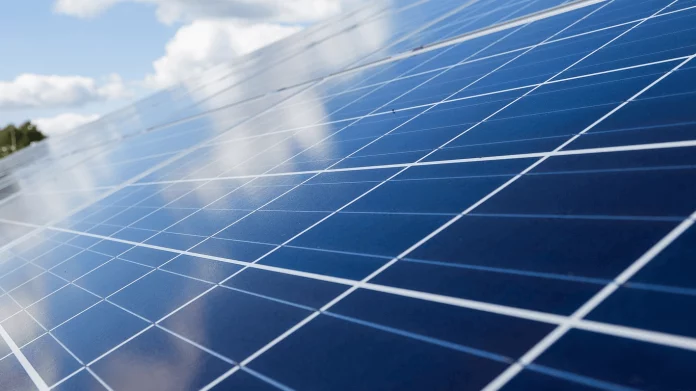Thinking of going solar in South Africa? If so, congratulations – you’re making the right decision. Solar power has become a viable option for both businesses and the average homeowner.
Solar power is not only great for the environment – through reducing the amount of carbon and other pollutants that are emitted from traditional power stations, but it can also reduce your current electricity bill.
Nevertheless, going solar can be daunting, confusing and a huge financial undertaking to many of you, so we’ve prepared the top tips for going solar in South Africa.
Is Solar a Good Investment in South Africa?
Yes, since we have loadshedding… Additionally adding solar panels to your home will pay of in the future when it gets added to your home’s overall value and in almost immediately as you will be spending less on your electricity bill.
Does your Home Receive Enough Sunlight?
The more sun hours a solar panel receives, the more electricity it produces. Evaluate whether or not your home is optimal for solar. The amount of sunlight your home receives on an average day is an important factor when deciding to go solar.
Your roof should have the necessary sunlight exposure during the day. Ensure no trees or shade would impact your solar efforts.
It is extremely important to factor in the shape, slope and size of your roof in order to determine whether solar panels would receive enough sunlight when the sun’s out.
Solar professionals can be called to come and inspect your home and determine whether or not your roof is suitable for solar.
Once you’ve determined that you have adequate sun exposure and potential solar energy that can be produced, you will need to determine the costs of going solar.
Costs of Going Solar
Is going solar in South Africa financially viable for you?
It is important to assess your current electricity bill and financial obligations when considering the move to solar. There are many online solar calculators you can utilise when assessing your options. Knowing your estimated future costs and savings is an important step in making an investment in solar energy.
In many locations, solar systems can be leased and installed for zero money down. Depending on your local utility rates, going solar can result in significant savings. Your solar system can also pay for itself within a few years.
Lastly, consider the age of your roof and have a rough estimate of when it will need to be replaced. Older homes may be in need of repairs or modifications before being able to support solar panels. If you have a big yard, consider that space too, as solar panels do not necessarily have to be installed on your roof.
Grid-tied vs. Off-grid
You will also need to decide between grid-tied and off-grid solar systems.
Grid-tied systems refer to your solar panels feeding electricity into the utility grid, which can be distributed to other people in your area. This gives you the ability to sell your excess energy.
Off-grid solar systems are different from grid-tied as you would have no access to the utility grid, and you will have to find another solution to store the energy generated by your solar system. For off-grid solar systems, you’ll need to add a battery bank.
Access to Solar Incentives
Once you have assessed whether solar is the right choice for you, and you have chosen the best option for your home or business. You should research solar incentive programs in your area, and whether you qualify for any of these programs. Numerous solar incentive programs exist to make solar more accessible to homeowners. Incentive programs include tax credits and rebates.
Warranty
Because solar product warranties will vary among manufacturers, you should ensure that your solar equipment, parts and accessories have a good warranty. These warranties will make going solar a safer long-term investment.
Trusted and Experienced Installer
Choosing a trusted and experienced solar installer can be the most challenging part of your solar buying process. Choose a solar installer with a good track record and experience in your local area.
In conclusion, Solar panels offers numerous benefits. If you plan on going solar in South Africa, you should ensure your home receives adequate sunlight, your solar system is financially viable, you have researched solar incentive programs in your area, you chose a reputable installer, and that you have a good warranty on the solar equipment, parts and accessories.

